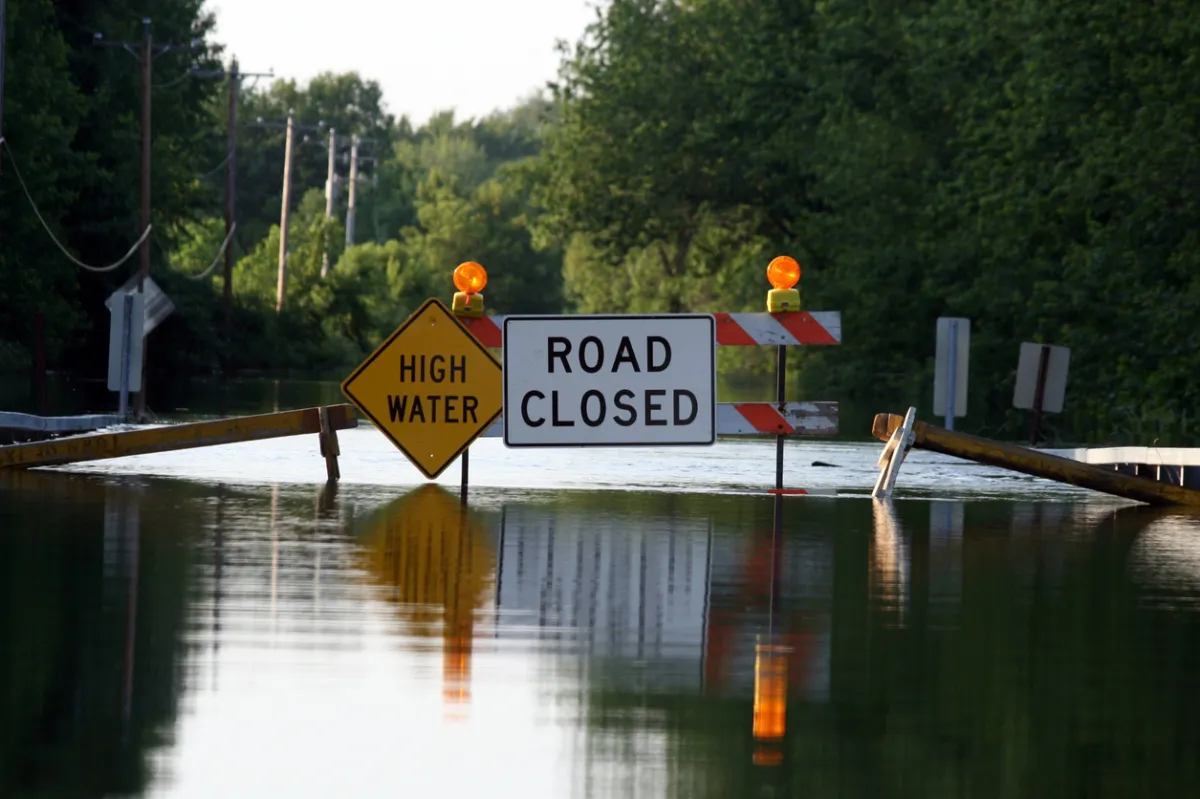Panel Discussion: The Future of Flooding
A ‘speculative fiction’ panel discussion exploring the positive potential of flooding.
Speakers
Content navigation
RegisterDescription

About this event
Floods are an important part of our history, our present, and increasingly, our future.
In our warming climate, not only are floods set to be more frequent and dramatic but also more valuable – potentially.
In this ‘speculative fiction’ panel discussion, we explore the positive potential of flooding. We ask four presenters to imagine a future where flooding is no longer a disaster, but instead a welcome and even celebrated event.
In these versions of the future, flooding would have a vital role. From replenishing much-needed surface water to restoring groundwater and sharing nutrients across the landscape, we would celebrate floods as a crucial part of our dynamic country.
Our panel of experts will explore what such a future would look like and how we might get there, starting now.
Join us on a journey into the future as we challenge our collective imagination and flip the script on flooding.
This is an in-person-only event with limited spots available. A recording will be available afterward.
A complimentary light lunch will follow the discussion.
About the panel
Prof Katherine Daniell is a trans-disciplinary academic at the ANU School of Cybernetics and the ANU Fenner School of Environment & Society. Katherine’s work focuses on collaborative approaches to policy, action and education for sustainable development. She has worked in Europe and the Asia-Pacific on projects related to international science and technology cooperation, water governance, risk management, sustainable urban development, politics and cultures of innovation, and climate change adaptation.
Dr Joseph Guillaume is a Research Fellow at the ANU Institute for Water Futures and the Fenner School of Environment & Society and is an associate of the National Centre for Groundwater Research and Training (NCGRT). Joseph specialises in uncertainty management in decision support, with a particular focus on collaborating to construct the future of knowledge management and governance of water resources in Australia.
Dr Steven Lade is an ARC Future Fellow at the ANU Fenner School of Environment & Society. His Future Fellowship focuses on developing model-based tools for managing the resilience of water resources. Outside ANU, he leads cross-theme collaboration at the Stockholm Resilience Centre, is the Science Lead at the Earth Commission secretariat (Future Earth), and is a Resilience Alliance Young Scholar.
Stephanie Rosestone is a postgraduate student at the ANU Fenner School of Environment & Society. Stephanie is an experienced community engagement professional working within creative arts, history and environmental science. With extensive experience working in Museums, Stephanie designs learning programs that challenge participants to think of history, the present and the future in different ways.
Moderator
Lorrae van Kerkhoff is a Professor at the ANU Fenner School of Environment & Society and the Director of the ANU Institute for Water Futures. Her research focuses on understanding the role of science in decision-making for complex environmental issues, especially with regard to preparing for uncertain but different futures.
COVID protocols
Please do not attend this event if you feel unwell, are awaiting the results of a test, or are required to self-isolate/quarantine. The University's COVID Safety advice can be accessed here.
Mask usage is still mandatory when indoors at the ANU, except when eating or drinking.
Please maintain good social hygiene by staying 1.5m apart from others and coughing/sneezing into elbows, and attendees are encouraged to use hand sanitiser provided.
Location
Frank Fenner Seminar Room,
Frank Fenner Building
141 Linnaeus Way
Acton, ACT 2601
